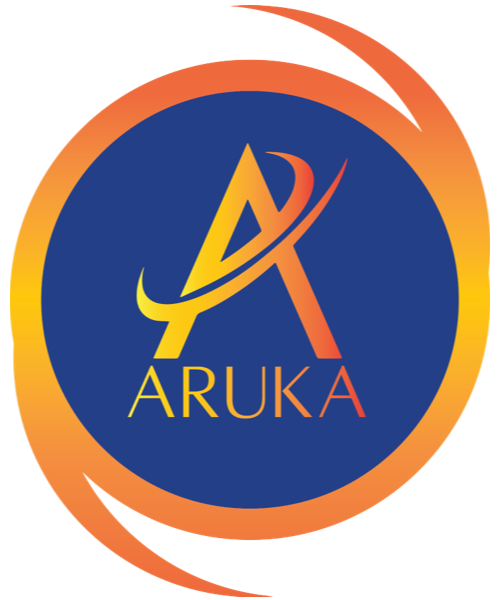Aruka Motion Therapy is for both healthy and injured athletes. It belongs in every fitness or sports program whether for leisure, recreation, or competition.

Motion Therapy Blueprints fix movement flaws that lead to pain, injury, or poor performance. Use them on their own or with your current training program.
- Foot and Ankle
- Knee
- Hip/Pelvis
- Low Back
- Spinal Decompression
- Shoulder
- General Body
- Aquatic
Most athletes, fitness enthusiasts, and people develop poor movement patterns from injury or lack of proper training. These Blueprints target specific areas of the body that cause those aches and pain restoring the body back to normal.
We begin with the Injury Risk Analysis to identify red flags in movement. From there, we apply a prescriptive model targeting five key components of good movement: balance, proprioception, amortization, proper mechanics and technique, and stability. You can learn more about our Injury Risk Analysis in the Assessments section.
